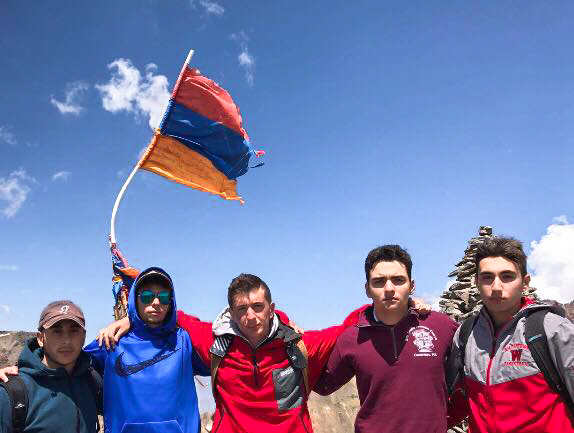
The United States government does not officially recognize the Armenian genocide. However, for the entire Armenian community, specifically Suffolk University first-year student and international relations major George Yeghyayan, the Armenian genocide is a reality that has had a direct impact on his family, his heritage and his place within the American community.
On Thursday at the Student Government Association (SGA) weekly meeting, Yeghyayan presented on the Armenian genocide to help spread more awareness of this significant, yet often overshadowed, world event.
“I’m Armenian. I felt our voice wasn’t loud enough here [at the university,]” said Yeghyayan in an interview with The Suffolk Journal. “I thought, ‘What better way to make it louder than to give a presentation on our history to the embodiment of student representation.’”
Being of Armenian descent himself, Yeghyayan feels he has a moral obligation toward educating people about the Armenian genocide and the hardships his people endured.
Between 1915 and 1923, according to the Armenian National Committee of America, the Ottoman Empire embarked on a systematic campaign to exterminate the Armenian population in what is known today as the Armenian genocide. This not only resulted in the death of at least 1.5 million Armenians at the hands of the Turks, but it also displaced practically the entire Armenian population.
“We are trying to educate the diverse Suffolk community of this really serious event,” said Yeghyayan in his presentation. “This is something that has affected other events, something that affects my community and the American community.”
Yeghyayan noted in his presentation that more people know about the Holocaust than the Armenian genocide, despite their parallels. He explained how both genocides had subjugated a group of people that were ethnically, politically, religiously and culturally separate from that of the government in power.
Both the Jewish and Armenian people were denied the right to self-determination and were targeted specifically for their culture and ethnicity — the textbook definition for genocide, according to Article II of the United Nations Genocide Convention. Yeghyayan noted how the methods of mass extermination in both events were also alike.
“Now I’m going to talk about the killing,” said Yeghyayan during his presentation. “I think since you all learned about the Holocaust, you’ll see some striking similarities.”
Yeghyayan said many Armenians fled the country as a result of forced deportation throughout and after the genocide. Hundreds were displaced in countries like Turkey where they were not accepted. As a result, many had to change their names, convert to Islam and hide their faces wherever they went, Yeghyayan said.
Once the Ottoman Empire had started killing off the Armenian leaders and stronger men, they would lead the rest of the population into the desert to their death, according to Yeghyayan.
“There were a series of forced deportations in a specific order,” Yeghyayan told The Journal. “They’d start publicizing to the community and to the world that they are relocating [the Armenians] for safety. But in reality, they are stealing from their homes, raping them, forcing them into the desert. The ones that ended up surviving ended up being homeless wanderers.”
Yeghyayan explained how his family was able to flee the country amid the crisis, along with other Armenians.
“My family for instance, we got on ships and made it to Lebanon. I was born in Lebanon so that’s why I was there,” said Yeghyayan in an interview with the Journal. “Unfortunately some people weren’t so lucky. I think if we start explaining to people that this is really what happened, if you know an Armenian and they’re saying they’ve been in a country other than Armenia for generations then this is probably why.”
The ripples of displacement and subjugation still resonate within the Armenian community today. While the Armenian genocide took place before the Holocaust, it is not discussed as often because the U.S. does not recognize Armenian genocide on the federal level. There are 49 states in the U.S. that recognize the Armenian genocide, with Mississippi being the only state that has not yet acknowledged it.
“In a way, it’s like erasing an identity that has been around for thousands of years,” said Yeghyayan in his presentation.
Yeghyayan provided examples of churches and Armenian memorials that had been vandalized. Various Armenians have been assaulted — he explained how Armenian journalists had been shot outside of their work building in the early 2000s and discussed how various Armenians had been assaulted by Turkish officials in Washington D.C. last year.
“At Suffolk, a professor wrote an article on the Armenian genocide a few years ago and it got taken down after someone complained about the content,” said Yeghyayan in his presentation. He noted that all the information in the article was factual and was only taken down for “alleged falsity.”
Yeghyayan continued to explain the disadvantages within the Armenian community today that were caused by the genocide. The primary reason for this lack of recognition is because of the political relations that the U.S. and many other countries have with Turkey.
In last year’s U.S. presidential statement on Armenian Remembrance Day, President Trump referred to the 1915 events under the Ottoman Empire as “Meds Yeghern,” meaning “The Great Crime” in Armenian. Former President Obama also used this euphemism in reference to the genocide.
The U.S. government has acknowledged the events of the Armenian genocide, but is careful to avoid using the term “genocide.” According to the Armenian National Institute, 28 countries have recognized the events. However, Turkey and its close ally Azerbaijan actively deny the genocide, based on an article in The Boston Globe.
Yeghyayan explained how political relations with Turkey, a NATO ally, are the primary reason many countries like the U.S. and the United Kingdom do not recognize the genocide.
One article in the Los Angeles Times cited the U.S. Department of Justice in noting that Turkey has spent millions of dollars lobbying U.S. officials in recent years in order to “to convey the seriousness of the genocide issue and the potential threat it poses” to U.S.-Turkish relations.
“Unfortunately you take something that is historical fact like the Armenian genocide, and you start to politicize it,” said Yeghyayan in an interview with The Journal. “The problem with the U.S., the U.K. and Israel, they have interests, political interests with Turkey. Every time someone tries to bring this up, every time someone tries to legalize recognition the lobbyists come in.”
Yeghyayan is rather aggravated with this injustice within the Suffolk community as well.
“As an Armenian I feel quite insulted to my pride. As an American I think it’s disgraceful,” Yeghyayan told the Journal. “I would say as an American and as a Suffolk student, if we’re trying to say that we’re the best at what we do, and we’re picking and choosing, then there is a significant problem with how we run things.”
Yeghyayan has been encouraging students to educate themselves on the political context of the issue and to raise awareness for the genocide overall.
“Wednesday, April 24 is the anniversary of the Armenian genocide. I think a small, but crucial thing [Suffolk] can do is henceforth maybe putting that on the calendar,” said Yeghyayan in an interview with The Journal.
Seeing as Suffolk often promotes diversity and inclusion on campus, Yeghyayan is hopeful that promoting recognition this way would be a great way to spread awareness for what the Armenian community has endured.
“If we can get the school to be more open about it, slowly other schools will start to do that and then if it ever becomes a norm that could be another factor in national recognition,” said Yeghyayan in an interview with The Journal.
Suffolk University President Marisa Kelly released a statement in recognition of Armenian Genocide Remembrance day stating, “As a University we are committed to understanding history, including acknowledging past atrocities in the hope that they are never repeated. I stand with millions of Armenians worldwide in remembrance of the Armenian Genocide this Wednesday April 24.”
As the rising SGA treasurer for the 2019-2020 school year, Yeghyayan hopes to use his position to voice the concerns of those who, like the Armenian community, have faced oppression and deserve justice.



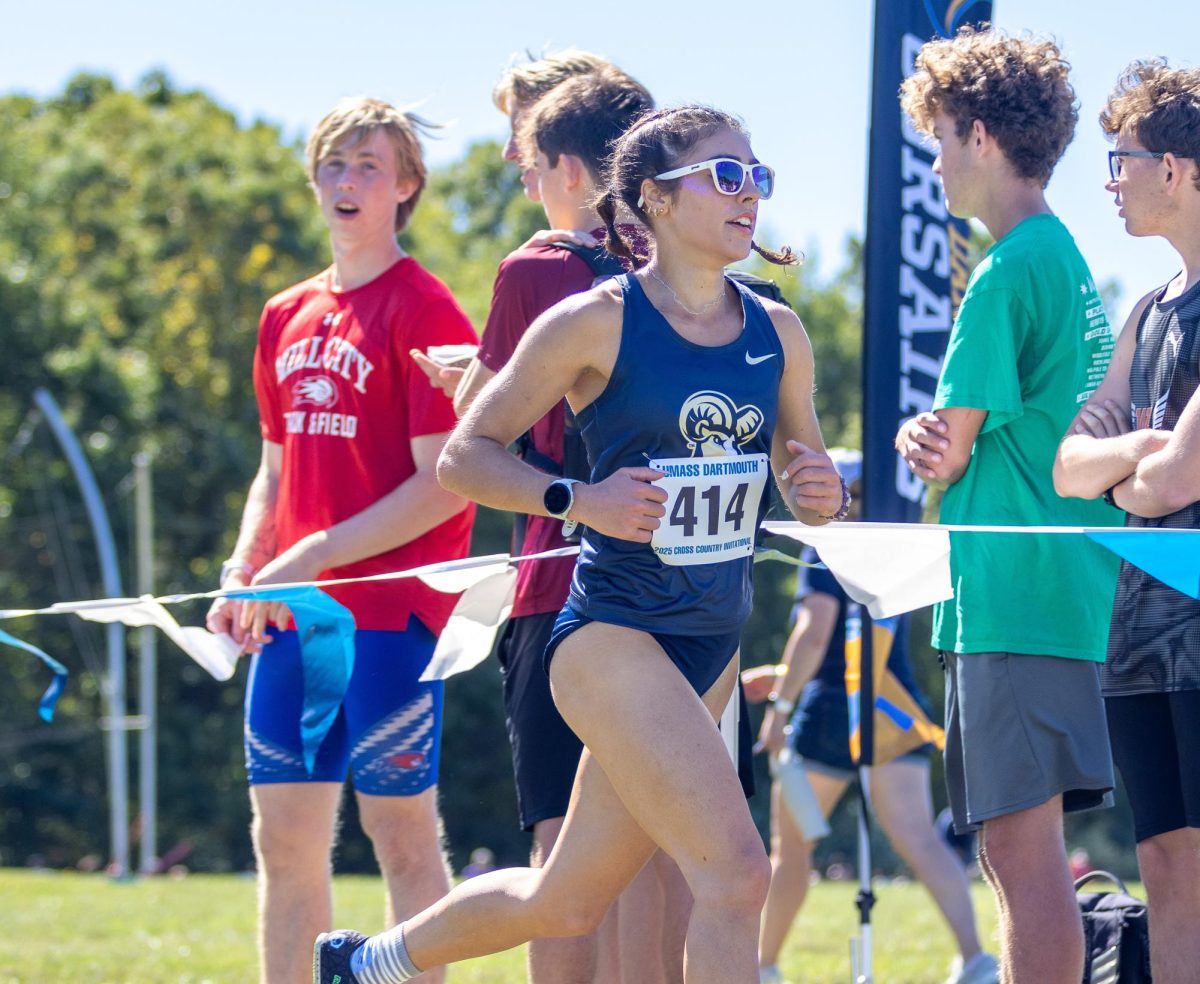





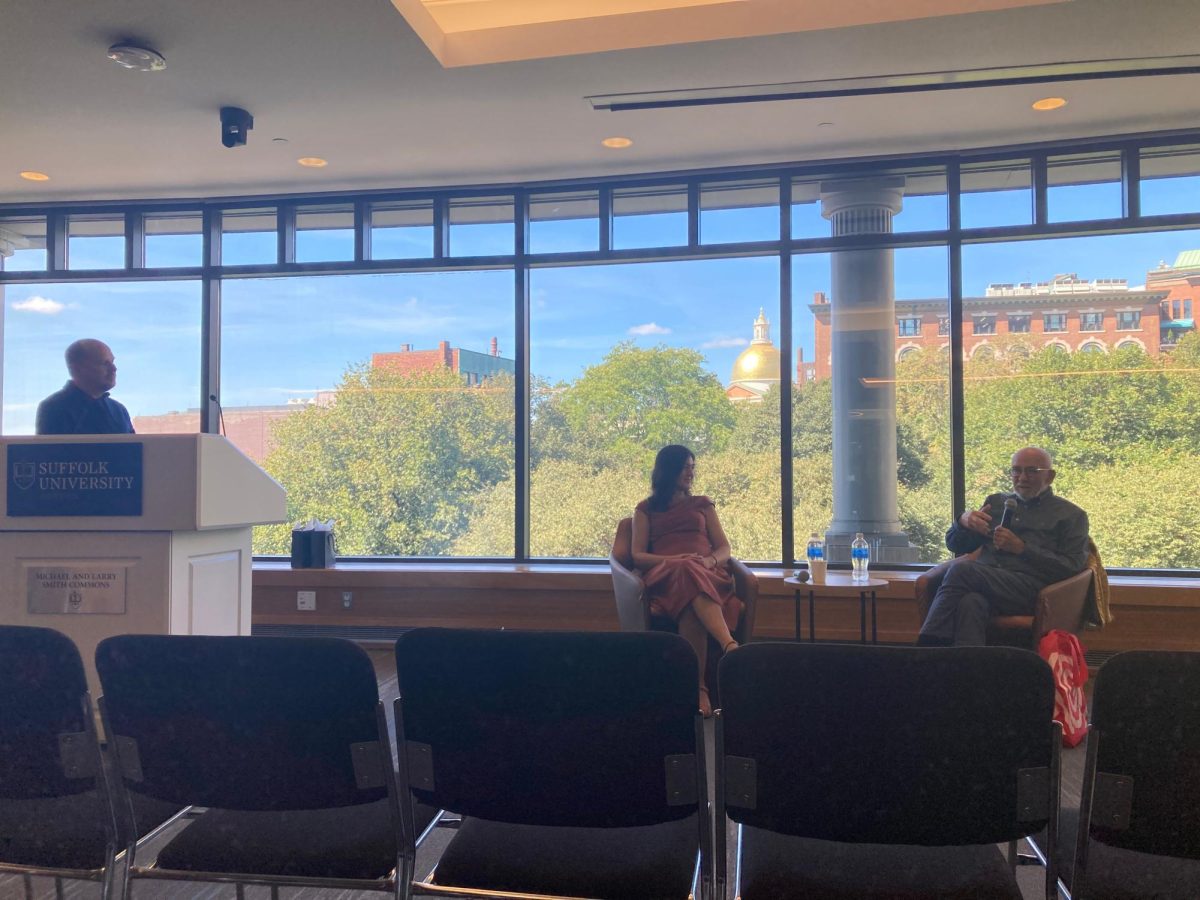
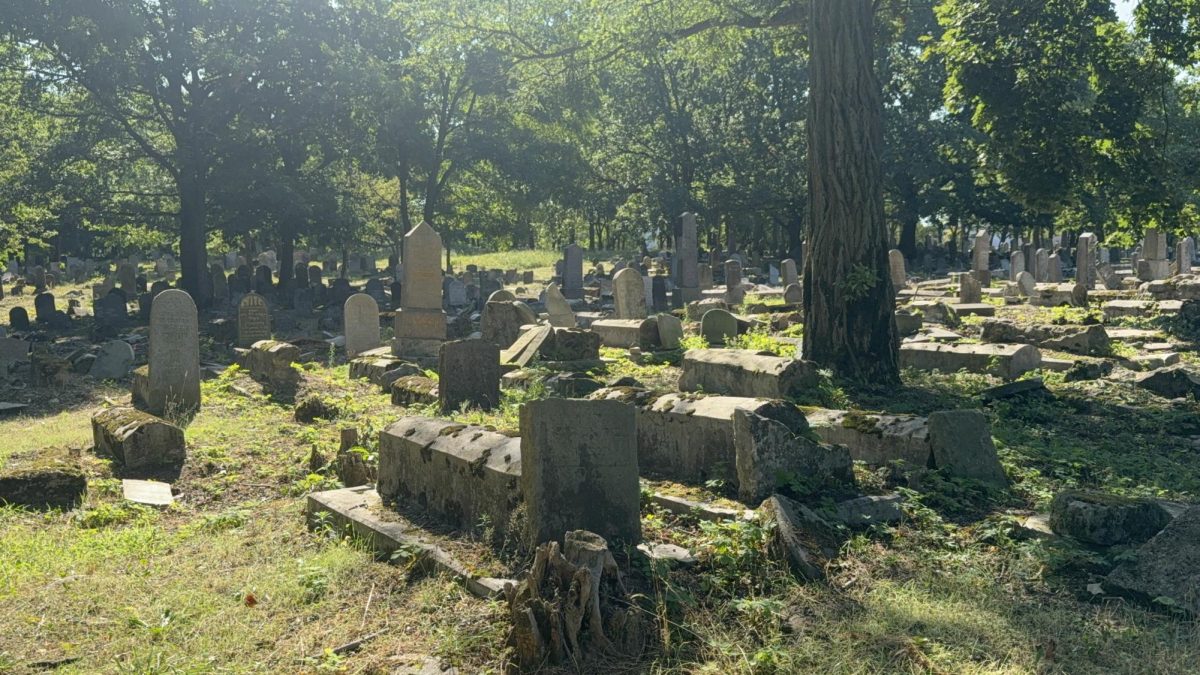


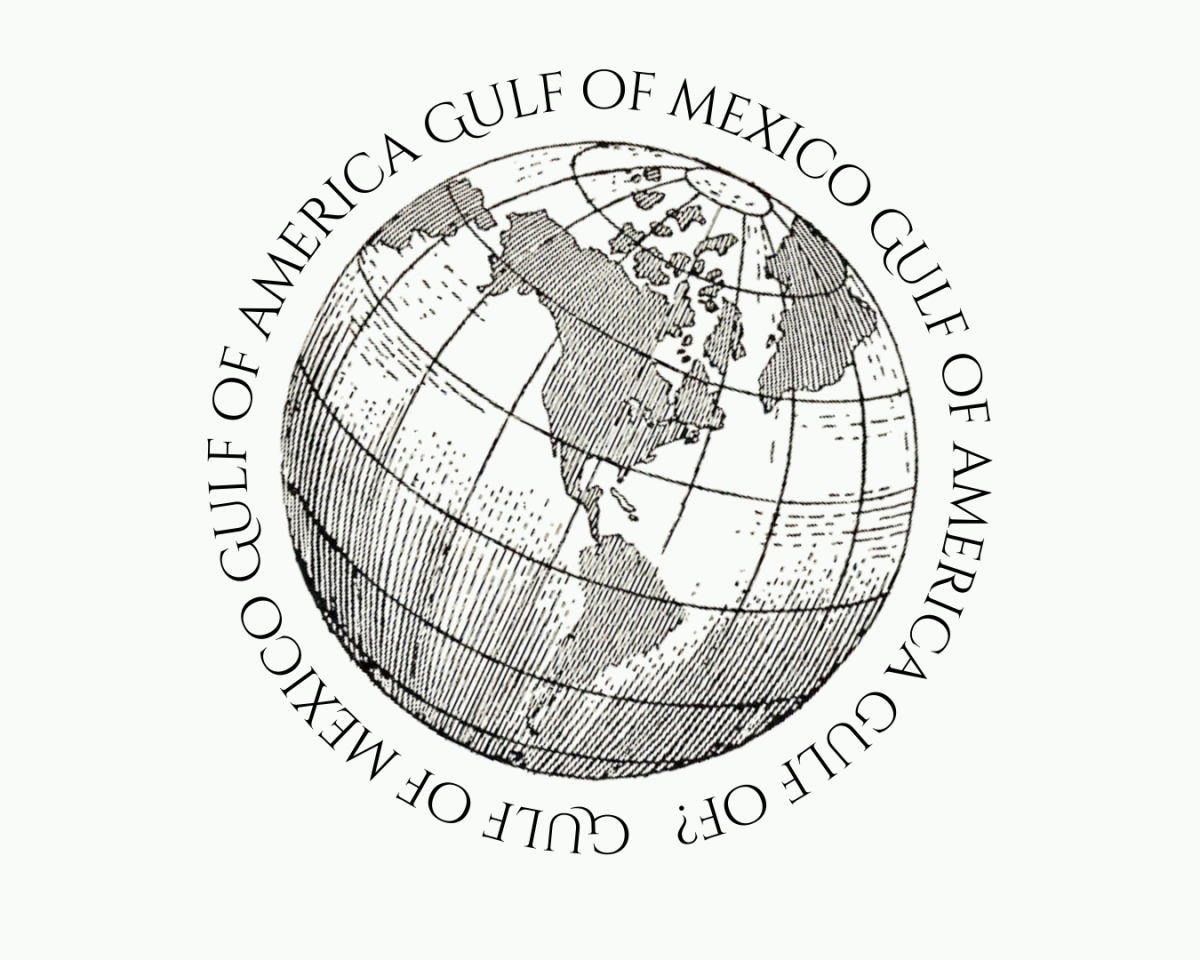





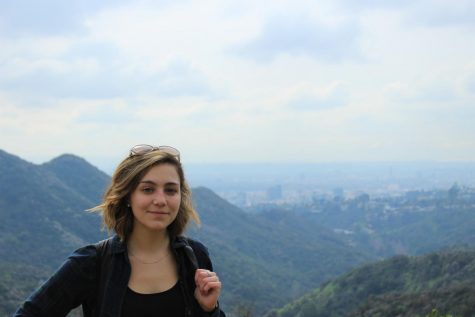
Mary Avedisian • Apr 25, 2019 at 1:21 pm
I am a survivor & my Children & grandchildren are as well and more to come. My mother’s stories were bone chilling but she survived so we are here.